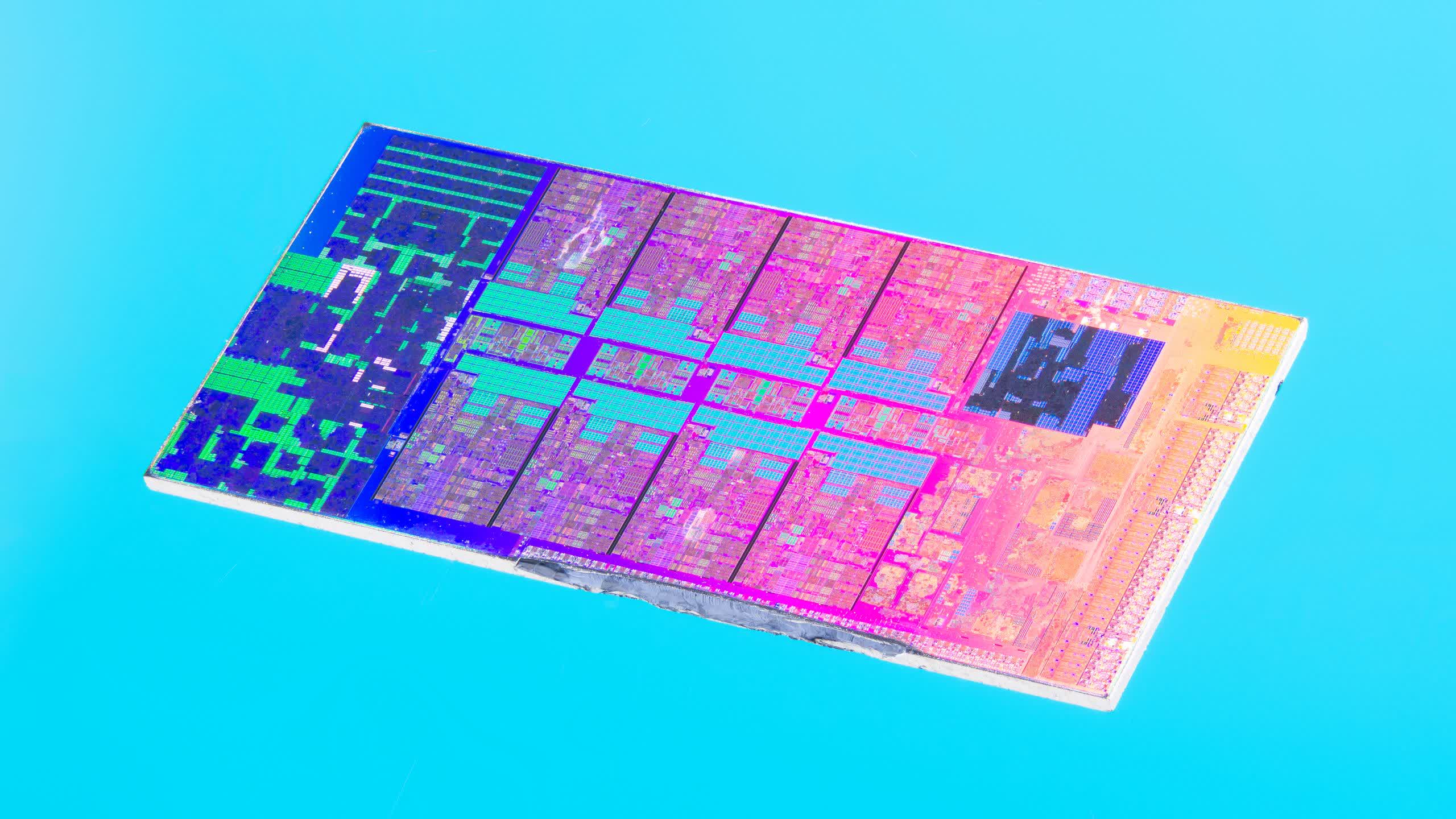In a nutshell: A new leak has brought back the possibility of Intel bringing full-fledged desktop processors to the mobile market. It will be the first time a manufacturer has ever marketed a 16-core processor for laptops if it proves valid.

It's not impossible to find a laptop with a 16-core processor, but in such cases, the processor is a desktop part that's been squished into a notebook without the proper adjustments being made. It will run too hot and be too hungry.
According to a slide first leaked in mid-2021, Intel plans to bring the i9-12900 to the mobile market in a 55W TDP package. It'll consume much more power while it turbos, but the system will have usable battery life during light workloads.

In 2021, the leaked slide wasn't wholly believed amid a barrage of false information, but it's since proven mostly correct. It describes a bracket of mobile Alder Lake processors with eight performance and eight efficiency cores that target the "muscle" market segment.
On Friday, The credible leaker Komachi Ensaka tweeted that Intel recently began distributing test systems equipped with these processors. They're codenamed Alder Lake-HX. One of them might come to market as the i9-12980HX, for example. For context, Intel's current flagship, the i9-12900HK, has 14 cores—six performance and eight efficiency. It also has a 45W TDP.
8+8 BGA、本当にAlderLake-HXって名称なんすね。
— 遠坂小町 (@KOMACHI_ENSAKA) February 25, 2022
Komachi Notes that the HX series will use a BGA (ball grid array) socket. It will allow the CPUs to use more power and fit into a smaller package than a regular socket. Intel's socket manufacturer even publicly lists the Alder Lake BGA in question.
Another distinguishing feature of this series is its GPUs with 32 EUs. Intel's current high-end mobile processors come equipped with 96 EUs, but the HX series can't because the desktop silicon that it's based on has only 32 built-in.
If these processors are coming, it'll likely be soon, given that the rest of the Alder Lake lineup has already launched.
Image credit: Fritzchens Fritz
https://www.techspot.com/news/93564-intel-could-bring-16-core-alder-lake-designs.html